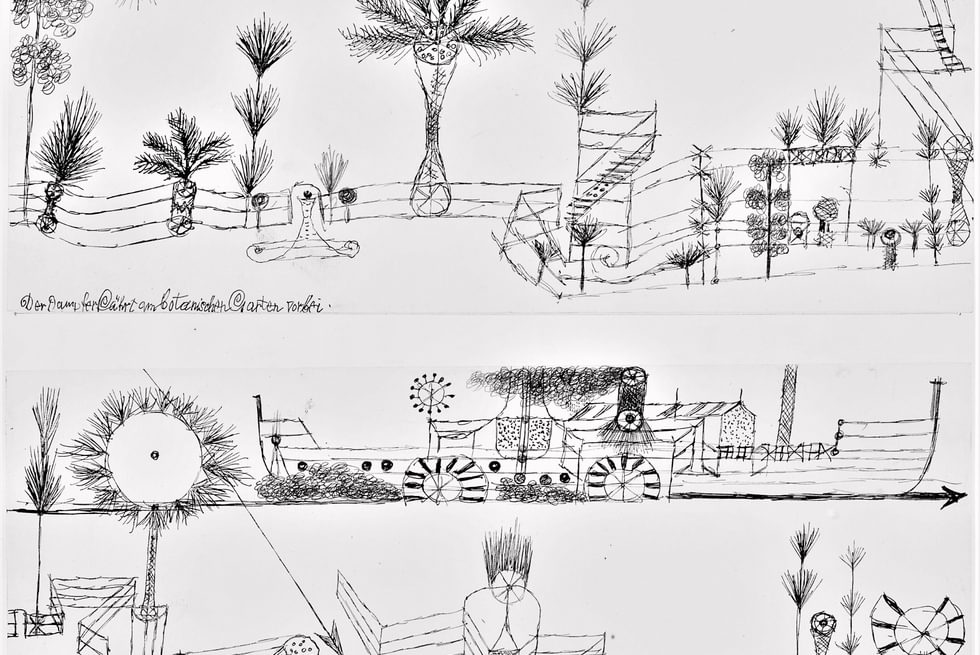
In what ways does the Plantationocene offer an analytic for specifying a planetary condition? Driven by this question, this collection of short essays provides a series of provocations on how alternate understandings of ecologies, nature-society relations, and mobilities might be formulated in light of global environmental transformations. Such understandings foreground the dynamics of colonialism, capitalism, and race, whilst grounding accounts of planetary change.
Posts in This Series

Introduction: Plantationocene
Planetary transformations are dynamic and uneven. The unending quest to produce even more commodities is underpinned by the violent expropriation of human labor... More

Plantation Nation
The Plantations Enquiry Commission (PEC) was one of many evaluative bodies formed by the Government of India in the years after Indian independence in 1947. Suc... More

Plantation Palimpsests in Urban Nicaragua
In 2017, we organized a community photo-mapping exercise in Ciudad Sandino, a working-class city located to the west of Managua, Nicaragua’s capital. Small team... More

Stranded Liabilities
The shaping of post-carbon worlds is as much about figuring out what is to come as about dealing with what endures. For the hydrocarbons industry, this involves... More

Migration, Mobility, and the Plantationocene
The hot sunshine in Malta’s open center reminded the men from West Africa of their time in the desert and Libya. They had arrived in Malta by boat a few months ... More

Colonial Glasshouse Effects
Across the colder, wealthier parts of the world, “houseplants” adapted to warmer climes have become deeply engrained in people’s everyday lives, moving between ... More

Standardizing Animal Mobility and Locations
Around two billion live animals are transported across the world annually. Most have been bred to ensure uniform characteristics best suited to human commerce. ... More

Serial Sires: On the Reproduction of Cows in an Era of Genomics
Ciney, Belgium, is the center for reproduction for the bovine breed “Belgian Blue” (in French, blanc bleu belge, abbreviated as BBB). The building has been buil... More

The New Plantation
Snoep tomaten or “candy tomatoes” are ubiquitous in Dutch supermarkets. Offered in plastic boxes of different sizes, they are now one of the country’s most popu... More

From Polder Colony to Greenhouse Plantation: Dwelling in the Noordoostpolder Plantationocene
The following is a visual essay on the living spaces of contemporary migrant workers in a Dutch polder. Drawing on historical and satellite imagery as well as f... More

Plantationocene “On the Ground”
I take a bite from a chocolate bar while I’m writing my notes after meeting with J, an executive from a company that trades vegetable oils with offices in the N... More

The Plantationocene as Zoonotic Transfer Zone
How should we account for the “global sickening” marked by the growing significance of new and emerging diseases? In this brief essay I consider how the Planta... More

Have You Seen Your Mother Standing in the Shadows
Hortense Spillers considered plantations as “shadow worlds.” So, while chattel slavery in its juridical sense may have limited application to thinking through ... More